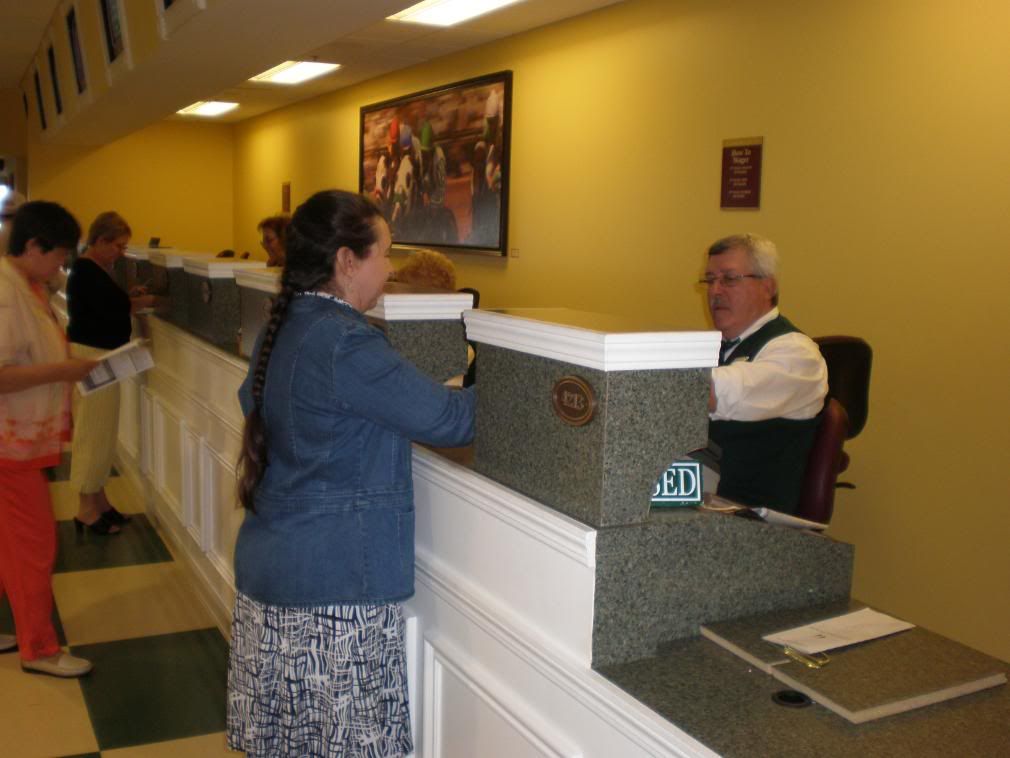
This post was written by staff member Alex Torres.
While a great number of states authorize, if not actively run and endorse, lotteries there was a time when such widespread presence was non-existent. Specifically the Supreme Court in Champion v. Ames, 188 U.S. 321 ( 1903) upheld, as within Congress’ powers under the Commerce Clause, the Federal Anti-Lottery Act which prohibited the transport of lottery tickets across state lines. While lotteries have become increasingly prevalent among the several states in the century since the decision in Champion tensions have arisen when this prohibition, which was incorporated into multiple state constitutions in the following years, was alleged to prohibit other types of gambling.
Specifically, the Supreme Court of Michigan was called on in Rohan v. Detroit Racing Ass’n, 314 Mich. 326, 345 (Mich. 1946) to determine whether a state statute authorizing the licensing and “parimutuel betting” violated the Michigan Constitution providing that “the legislature shall not authorize any lottery nor permit the sale of lottery tickets.” MICH. CONST. of 1908, art. V, § 33. Should the court have found that horse betting did qualify as a lottery the import would have been to establish a precedent against horse betting and, by extension, the horse racing industry as a whole as a result of extensive lottery prohibitions in state constitutions across the country.
Thankfully the court held that gambling on horse races did not come within the penumbra of a lottery. The court based this primarily on the logic that lotteries were differentiated from horse races, and presumably other games of ‘chance’, on the premise that the result of a lottery could not be divined by “will… human reason, foresight [or] sagacity.” Rohan, 314 Mich. at 343(citing People v. Elliott, 74 Mich. 264, 267 (Mich. 1889). Chance was further emphasized as a necessary ingredient in the finding that a system was a lottery with the court emphasizing that, “[c]hance is an essential element of a lottery in the sense that, unless a scheme for the awarding of a prize requires that it be awarded by chance, it is not a lottery.” Id. at 344. The court held that betting on horse racing required more than mere chance, specifically that winners were not ones chosen at random but those who, by their own volition, “bet on the winning horse.” Id.
Since the winners were not determined by mere chance, but by exercise of “judgment and discretion” in selecting their entrants, the court found that pari-mutuel betting fell outside the purview of the lottery prohibition and was therefore not unconstitutional in that regard. Id. at 346. This holding is especially relevant as the 6th Circuit is home to our nation’s greatest reserve of equine potential which would have been unfairly stunted should horse betting have been found violate. Further, the court’s holding that horse betting was more than mere chance imparts an air of respectability, and perhaps glamour, to our equine industry, differentiating it from mere lotteries and other games of chance.
